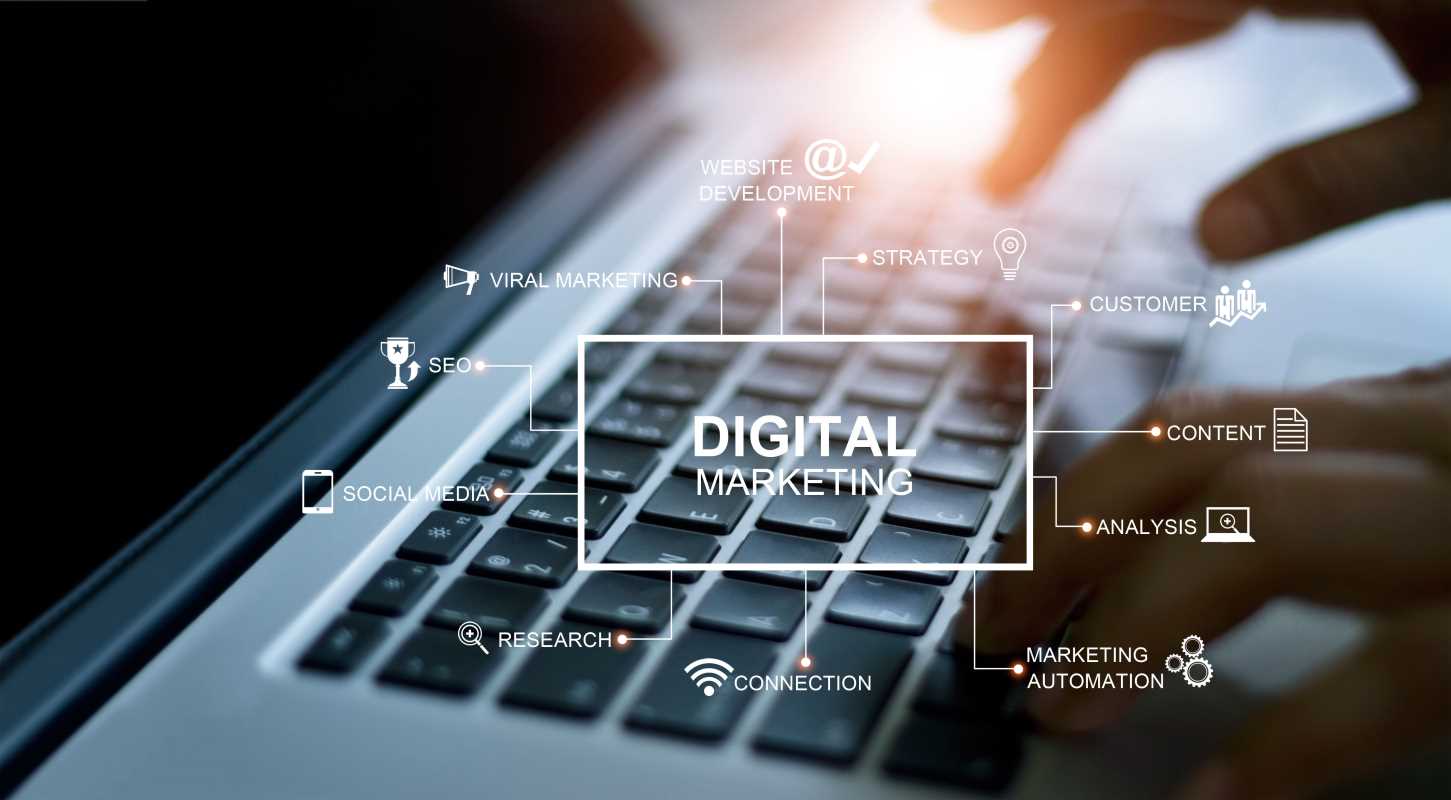For years, a college degree was the gold standard for signaling competence to employers. Today, the landscape is shifting. As technology evolves at a breakneck speed, companies are looking for more specific, verifiable proof of a candidate’s skills. This is where digital badges come in, offering a modern way to showcase targeted expertise and quickly gaining trust in the professional world.
What Exactly Is a Digital Badge?
A digital badge is more than just a JPEG image you can post on your profile. It's a validated, portable credential that represents a specific skill or accomplishment. Unlike a simple certificate of completion, a high-quality digital badge contains a rich set of metadata. When an employer or recruiter clicks on a badge displayed on your LinkedIn profile or digital resume, they can instantly see:
- The Issuer: Which organization awarded the badge (e.g., Google, IBM, Microsoft).
- The Criteria: What you had to do to earn it (e.g., pass an exam, complete a project).
- The Evidence: Links to the work you completed.
- The Date: When the badge was issued and when it might expire.
This embedded, verifiable information is what gives digital badges their power. They transform a simple claim of skill into a piece of evidence, providing a level of transparency that traditional resumes often lack.
Why Employers Are Embracing Digital Badges
Hiring managers and recruiters face the difficult task of sifting through hundreds of resumes, trying to match a candidate's self-reported skills with the actual needs of a role. Digital badges help solve several key challenges in the hiring process, making them an increasingly valuable tool for employers.
They Provide Verifiable Proof of Skills
The most significant advantage of digital badges is their verifiability. A candidate can write "proficient in Python" on their resume, but a digital badge from a reputable issuer like Microsoft or the University of Michigan proves it. This immediate verification saves recruiters time and reduces the risk of hiring someone who has exaggerated their abilities. It shifts the conversation from "Tell me about your skills" to "Show me your skills."
They Signal In-Demand, Current Competencies
A four-year degree is a testament to a person's ability to learn and persevere, but its content can become dated. The tech industry, in particular, moves so fast that skills learned just a few years ago might already be obsolete.
Digital badges often represent mastery of the latest tools and technologies. When a candidate has a badge for "AWS Certified Solutions Architect" or "Google Ads Certified Professional," it tells an employer that their knowledge is current and relevant to today's market needs. This helps companies bridge the skills gap and hire talent that can make an immediate impact.
They Create a More Equitable Hiring Process
Relying solely on traditional credentials like college degrees can create barriers for talented individuals from non-traditional backgrounds. Digital badges help level the playing field. They allow motivated individuals to demonstrate their skills regardless of where or how they acquired them.
This focus on demonstrated ability over educational pedigree helps employers discover hidden talent and build more diverse teams. A self-taught programmer with a portfolio of impressive projects and a collection of digital badges can prove their worth just as effectively as a computer science graduate.
How Badges Benefit Professionals
For individuals looking to advance their careers, digital badges offer a flexible and targeted way to showcase their professional journey.
- Targeted Skill Development: Badges allow you to focus on learning specific skills that are directly applicable to your career goals. Instead of committing to a lengthy degree program, you can earn a badge in project management or data visualization in a matter of weeks.
- Increased Visibility: Sharing badges on your LinkedIn profile makes your skills visible to recruiters who are actively searching for candidates with specific competencies. It helps you stand out in a crowded digital space.
- Clear Career Pathways: Many badge programs are structured as "stackable credentials." You can earn a series of related badges that build on each other, creating a clear pathway toward a new role or a promotion. For example, you might start with a foundational badge in IT support and work your way up to an advanced badge in cybersecurity.
The Platforms Driving Credibility
The growing trust in digital badges is largely thanks to the robust platforms that issue and manage them. Organizations like Credly and Acclaim (which is now part of Credly) have created a standardized, secure ecosystem for digital credentialing.
When a company like Oracle or Adobe wants to issue a badge, they partner with Credly to ensure it meets Open Badges standards. This ensures that every badge is:
- Secure: It cannot be faked or altered.
- Portable: You own the badge and can take it with you wherever you go.
- Verifiable: Anyone can click on it to see the underlying data.
This infrastructure provides the trust and security that both employers and learners need to have confidence in the system.
The Future of Credentialing
Digital badges are not a replacement for traditional degrees but a powerful supplement to them. A bachelor's or master's degree signifies a broad foundation of knowledge and critical thinking, while a digital badge points to a specific, job-ready skill. The two work together to paint a more complete picture of a candidate's abilities.
As more leading companies and universities—from Google and Microsoft to Harvard and MIT—embrace digital badging, their credibility will only continue to grow. For professionals, this means a new opportunity to take control of their learning and build a dynamic, verifiable portfolio of their skills. For employers, it means a more efficient and reliable way to find the talent they need to succeed.
The next time you see a digital badge on a LinkedIn profile, take a moment to click on it. You will see firsthand how this small icon represents a big shift in how we recognize and value professional skills.
 (Image via
(Image via





